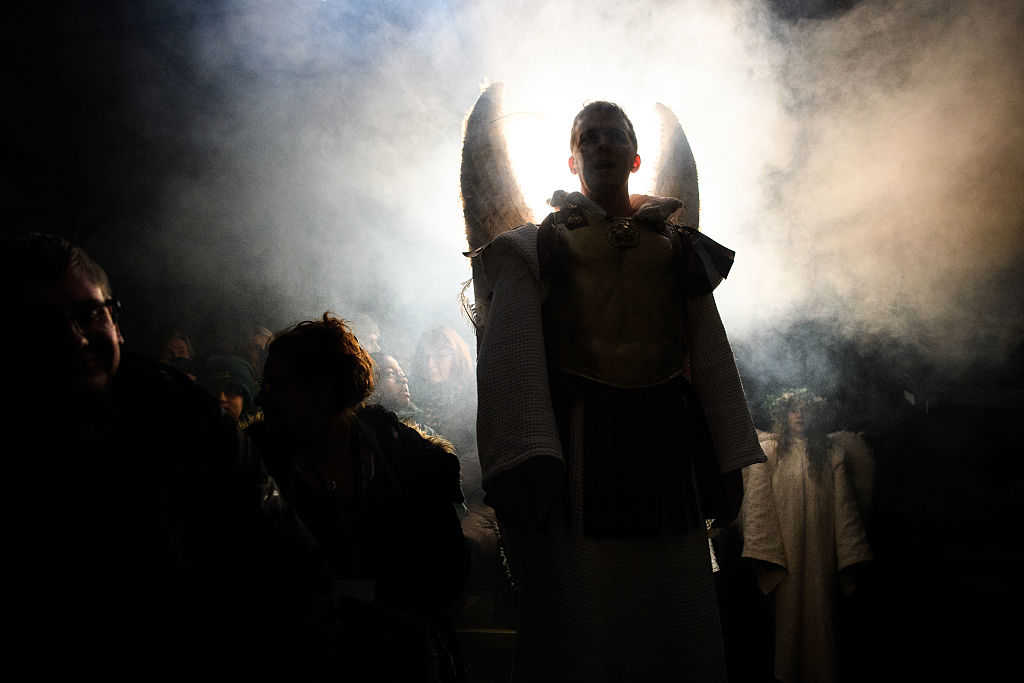Did the nativity story really happen the way the Bible says it did?
The biblical account was a real-life narrative, according to the majority of Americans. But there’s an overarching trend, as documented by The Pew Research Center, that might be seen as problematic by many Christians who believe in the gospel accounts.
In fact, the research firm found that there’s been a decrease in the “share of Americans who say they believe the birth of Jesus occurred as depicted in the Bible,” with Pew calling it the “one of the most striking changes” observed in its recent survey.
Consider that 66 percent of adults Americans still believe that Jesus was born to a virgin, as the Bible contends. While that’s a clear majority, that proportion is down from 73 percent in 2014.
Meanwhile, 68 percent of adults believe that the wise men were guided to Jesus by a star. That, too, is down seven percentage points from 75 percent in 2014, showing a significant erosion in these beliefs over the past three years.
All together, 57 percent of Americans believe in four, key elements of the gospel story — that Jesus was born to a virgin, that the wise men were guided by a star, that Jesus’ birth was “heralded by an angel of the Lord” and that Jesus lay in a manger; in 2014, that proportion was at 65 percent.
These declines have also shown themselves among Christians, with 76 percent of Bible-believers now saying that they embrace the gospel’s Christmas narrative, down from 81 percent of Christians surveyed in 2014. According to the Pew report, “this decline has been particularly pronounced among white mainline Protestants.”
The overarching changes to the proportions of belief surrounding the nativity story appear to be driven by the rise of the “nones,” those who are atheist, agnostic or unaffiliated.
The majority of these people are simply disconnected from faith, not necessarily atheists or agnostics. Nearly 16 percent of the country labels its religious affiliation as “nothing in particular,” but only 3 percent are atheists and 4 percent agnostics.
You can read the full results of the Pew survey here.



